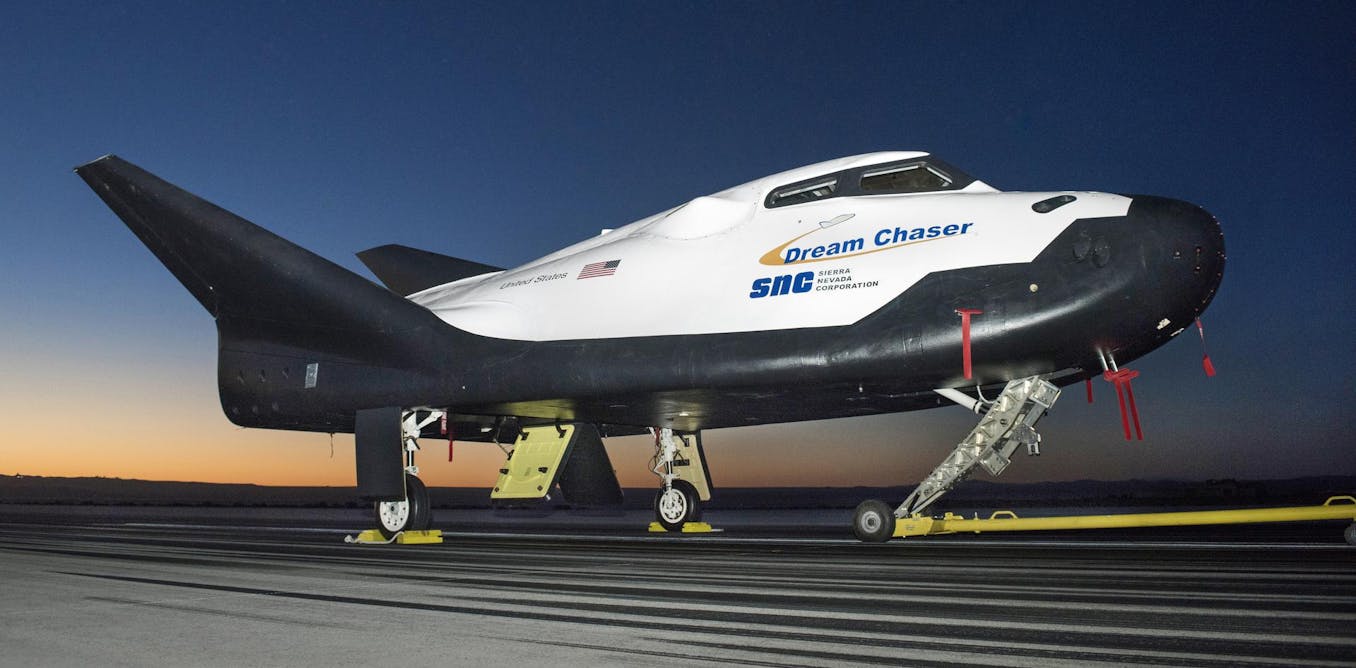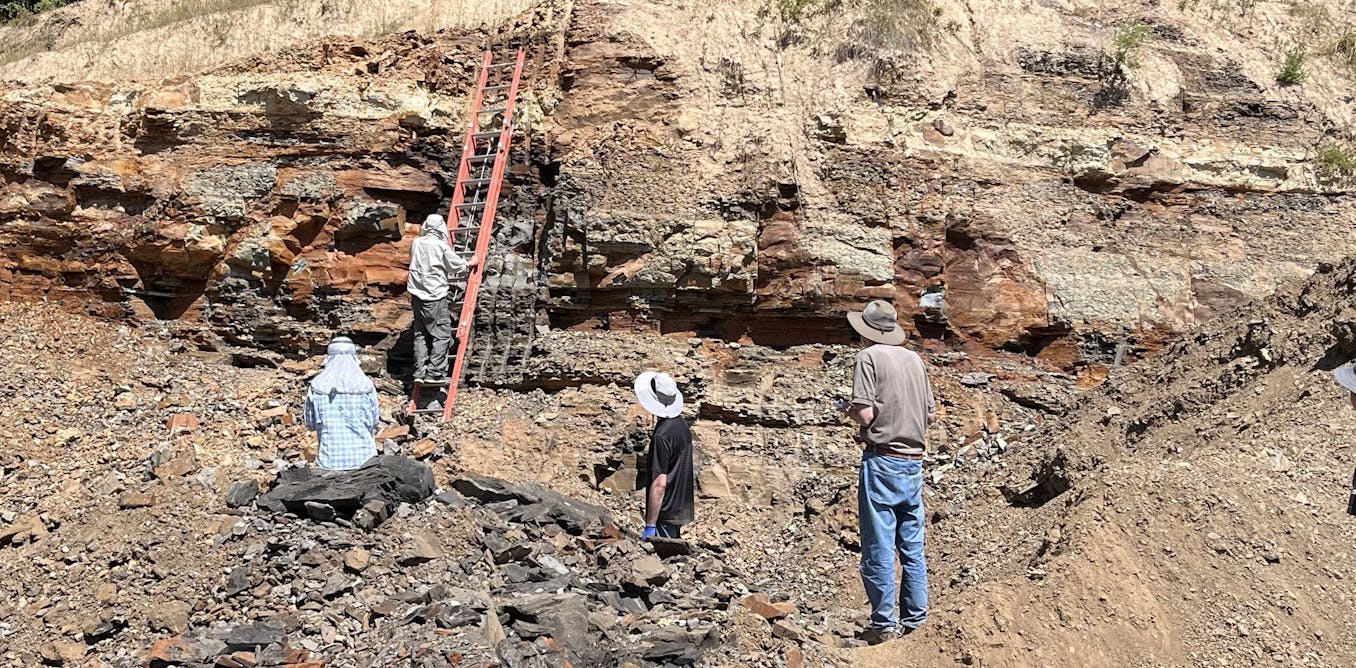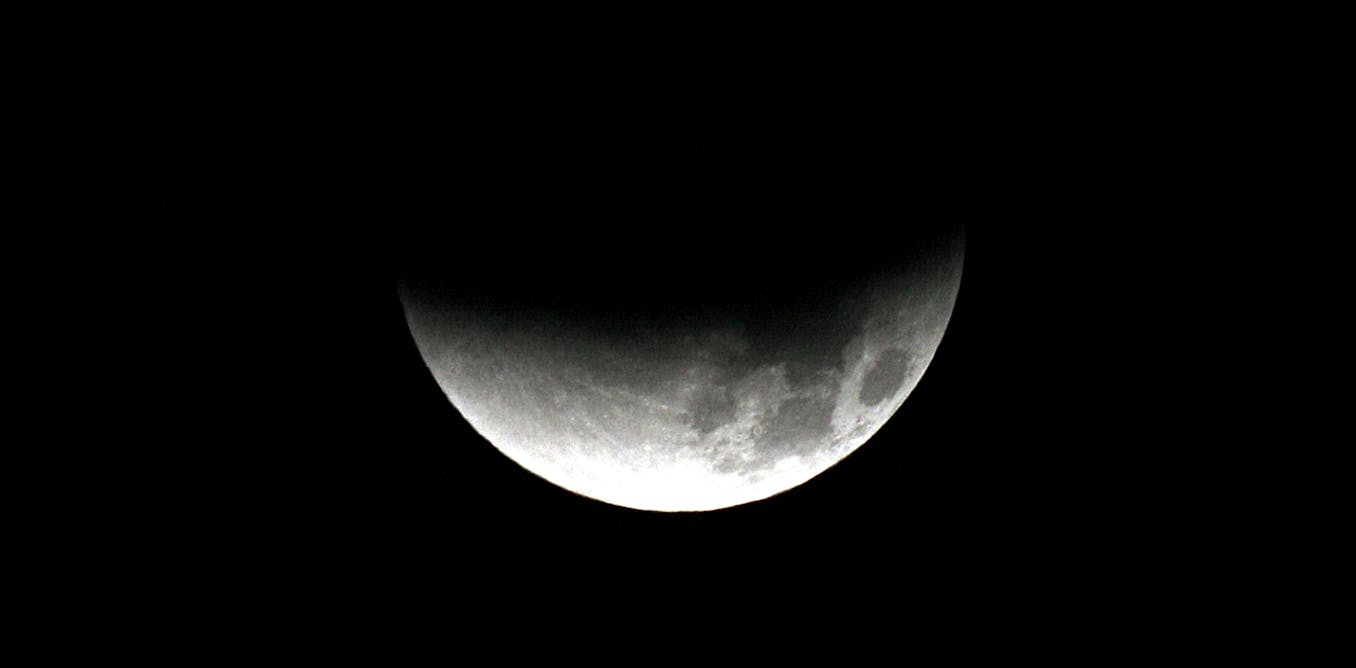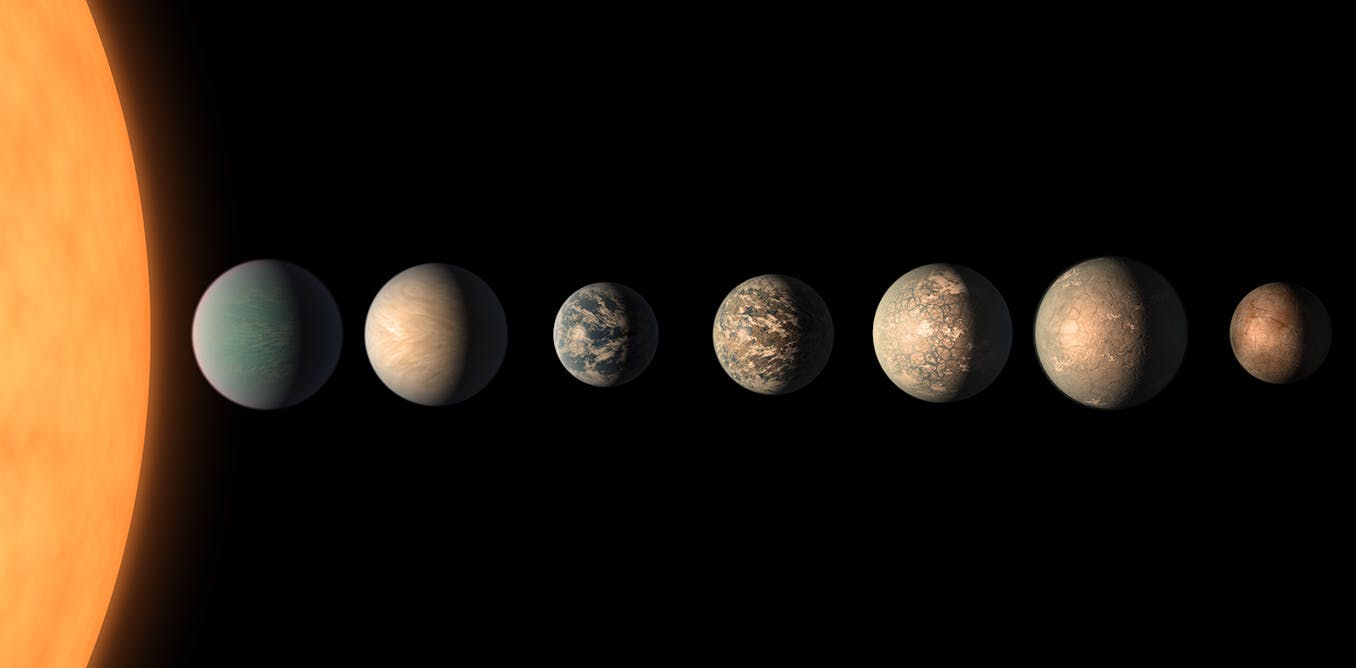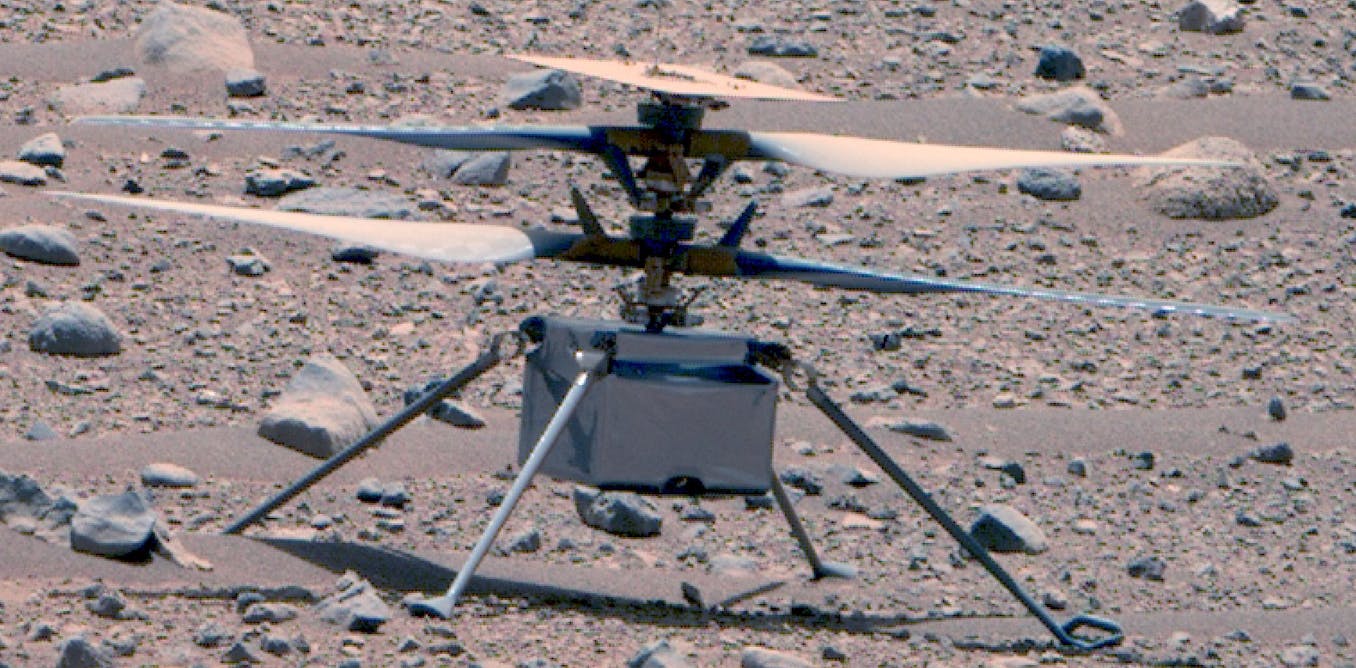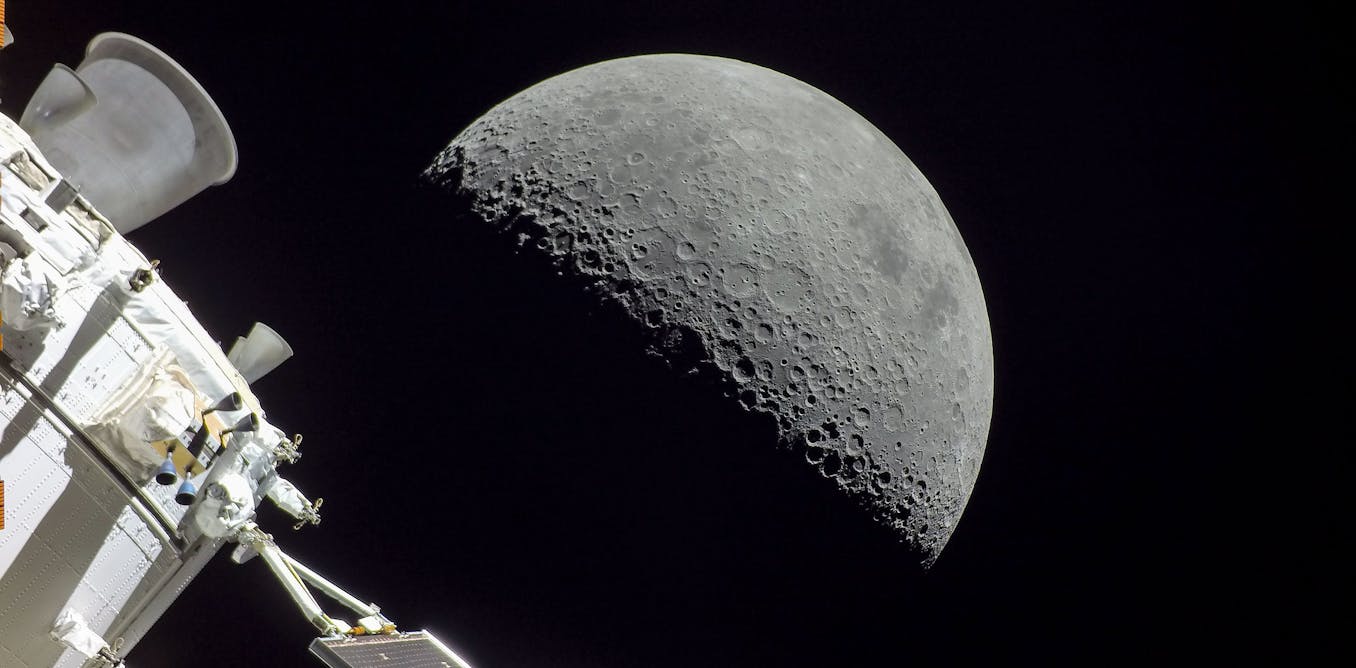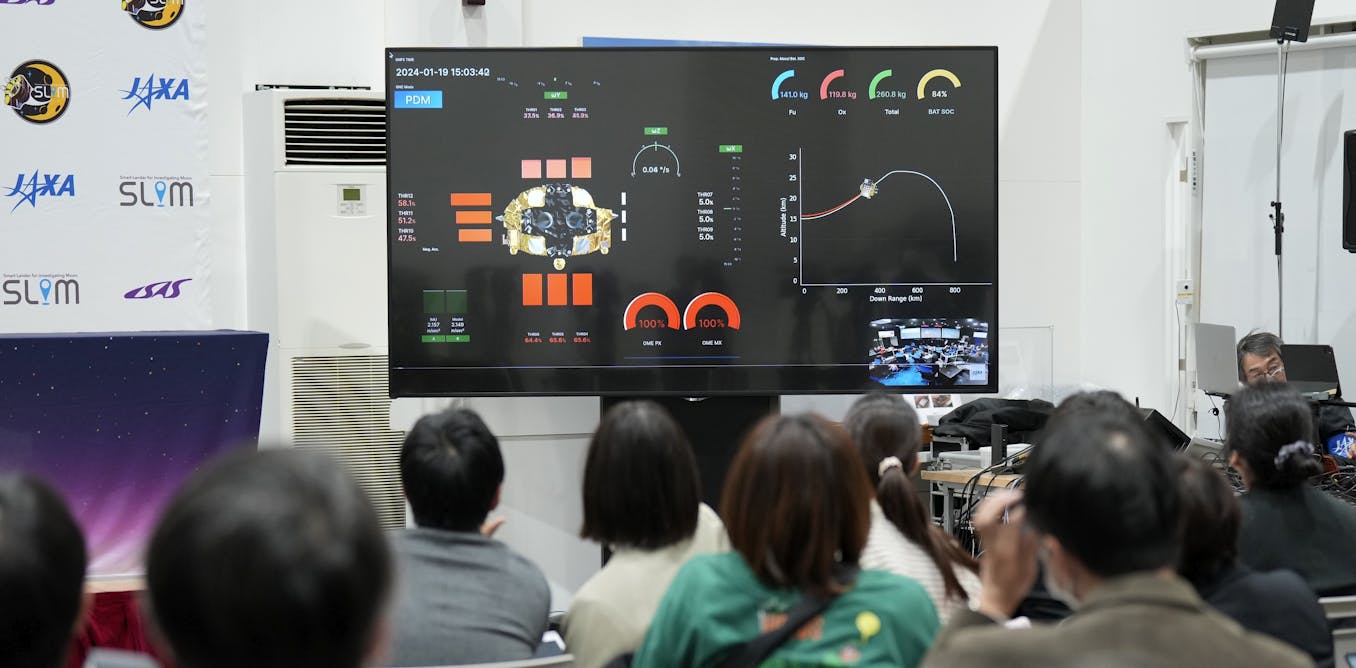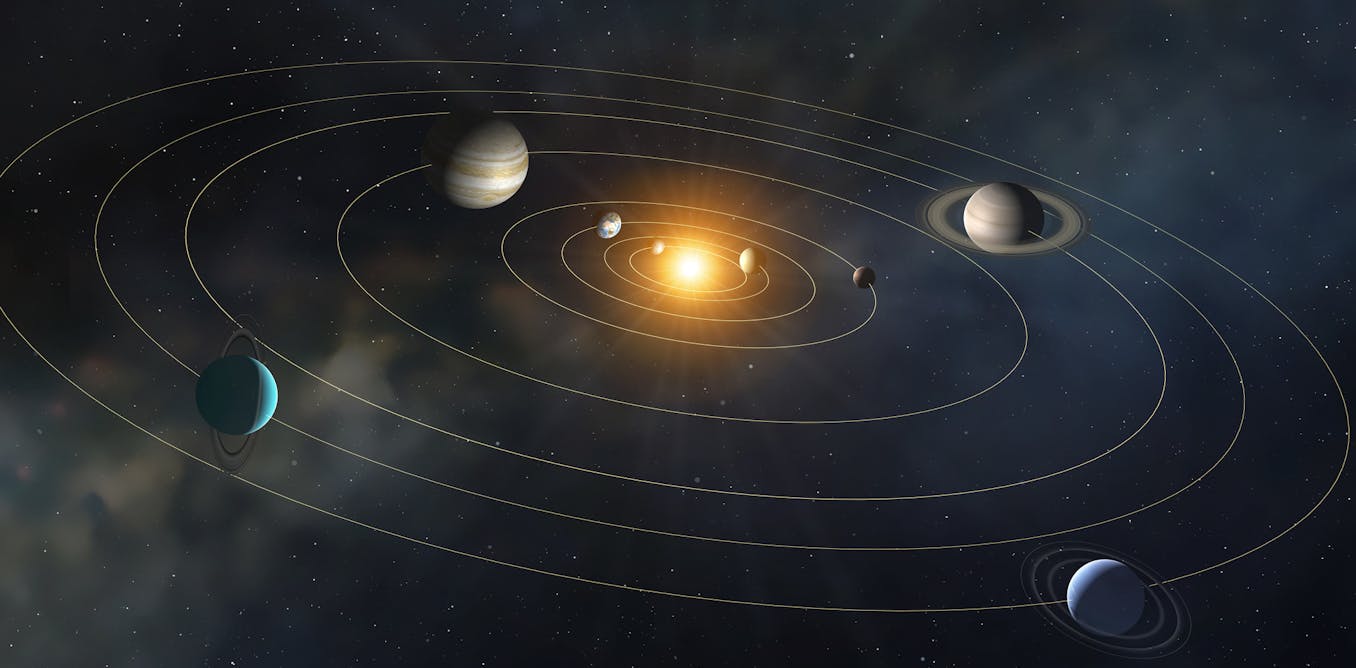Is Russia looking to put nukes in space? Doing so would undermine global stability and ignite an anti-satellite arms race
Russia isn’t likely to put nuclear missiles in space, but their reported anti-satellite weapon is just as alarming. An expert on nuclear strategy explains.
Feb. 17, 2024 • ~9 min



